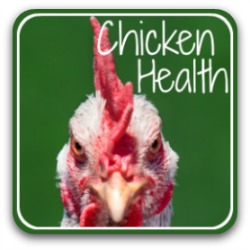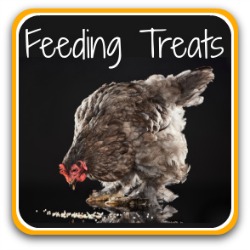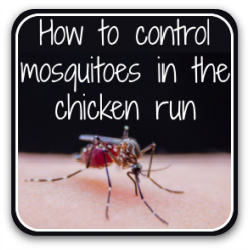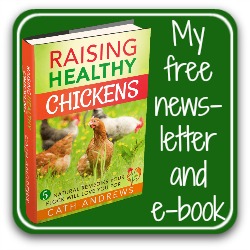- Home
- Diseases
Common chicken diseases: how to spot, treat and prevent .
What does disease mean?
A disease is just a condition caused by an infection or virus, fungus or parasite. It can be made worse by weaknesses in the immune system, or stresses caused by the environment, whether that's predators, dirt, bugs or rodents.
Disease multiplies in the body, damages cells and leads to physical symptoms.
They can be spread by...
- direct contact, such as with already infected birds or animals, rodents, dirty water, feeders or bedding
- indirect contact, for example by breathing in infected air or the dust from infected bedding or feathers
- biting insects, also known as "vectors", for example mosquitoes, ticks, fleas and mites. Rodents also fit into this category because they carry insects, in particular infected fleas.
Some diseases are almost always fatal and threaten even backyard flocks; others can be more easily contained and dealt with.
We can protect our chickens by becoming more aware of them, their symptoms, how they're spread and how they can best be treated.
But the most effective way of controlling any illness is to protect our flocks by not allowing disease to take hold in the first place.
Which is why my articles start with learning about simple biosecurity measures that we should all be practicing, no matter how large or small our backyard flocks.
Preventing common chicken diseases.
Take simple biosecurity measures
It's pointless waiting until your flock contracts a disease. Treatment is not always successful and chickens suffer, sometimes fatally.
There are simple ways to make sure the likelihood of disease taking hold and spreading is controlled - and they're not rocket science!
This article describes eight steps you can implement straight away to keep your chickens - and your family - safe.
Isolate chickens to prevent disease spread
If you suspect that disease is present in your flock, making sure you contain it will make sure as few of your chickens - and other people's - as possible are affected, and will eliminate it sooner.
This article describes when it's necessary to isolate chickens, how to do it so that the least possible damage is done, and how to return an isolated bird to the rest of the flock.
Common chicken diseases and their treatment.
Avian Influenza (bird flu)
One of the two chicken diseases that almost always cause death, Avian Influenza is perhaps the most virulent and deadly disease still to affect poultry. There are outbreaks of bird flu almost every year.
This article examines the difference between the low and highly pathogenic forms of the disease, the reasons it spreads so quickly, how to distinguish the symptoms from other more common chicken diseases and what to do should your flock be hit.
Salmonella
This is perhaps the disease that most people are aware of, in particular in relation to eggs.
But is salmonella as dangerous a disease as people believe?
This article covers what it is, what symptoms are most common both in chickens and in humans, how it's spread and how it can be effectively prevented.
Sudden chicken death syndrome
Sometimes, a perfectly healthy chicken can suddenly die for no apparent reason. It's distressing to see and hard to know what to do to prevent it, since it's not a disease as such.
This article covers how to tell whether your chicken has succumbed to this illness, and what, if anything, is likely to have caused it.
If you've had a chicken who seems to have died for no apparent reason, this article will help you understand why, and how to deal with it.
More about sudden chicken death
This article tells the story of one of my Wyandotte hens who died of Sudden Chicken Death Syndrome.
It analyses why Sophia might have died: what were the possible causes, and were they likely?
And it looks at sudden death, and what if anything we can do to keep our chickens safe from it.
If you found this page helpful, you might like these too.
Please note: This page is written as general information only. It is not intended as medical or veterinary advice and should not be taken as such.
If you're worried about your or your chickens' health, you should always see your doctor or veterinarian.
- Home
- Diseases






















